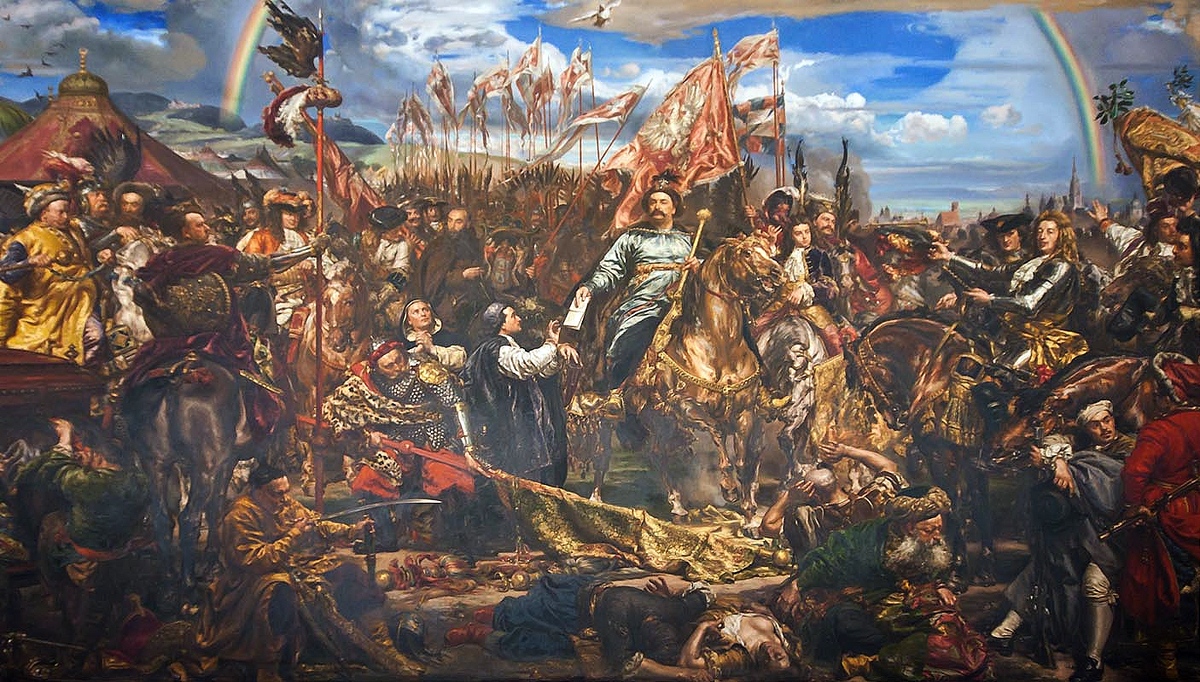On September 12, 1683, a coalition of Christian forces led by King John III Sobieski defeated the Turkish-Ottoman army and saved Europe from Islamic expansion.
It was one of the most important battles in world history: the last great charge of Polish hussars that saw Christian Europe saved from the yoke of Muslim rule. It was 340 years ago, but the victory of soldiers under King John III Sobieski near Vienna still reverberates to this day.
“This is one of a few battles or events when Poland, Poles, played a key role,” said Poland’s minister of culture and national heritage, Professor Piotr Gliński.
[pp id=10277]
On Sept. 12, 1683, Polish-Austrian-German forces under the command of Polish King John III Sobieski dealt a severe blow to the besieging Vienna forces of the Ottoman Empire, led by Grand Vizier Kara Mustafa.
The defeat was so devastating that from then on, the Ottomans shifted to a defensive stance and no longer posed a threat to Christian Europe. The conquest of Central and Eastern Europe failed, for which the commanding officer of Turkish forces paid with his life. On Dec. 25, Kara Mustafa was strangled by order of Sultan Mehmed IV with a silk cord in Belgrade.
According to British historian Simon Sebag Montefiore, the anniversary of the arrival of Polish King John III Sobieski near Vienna on Sept. 11 was used as a date of attack on America in 2001 by Taliban terrorist Osama bin Laden, as a form of symbolic revenge against Western countries for defeating Muslim forces hundreds of years earlier.
Kara Mustafa’s campaign was not the first major incursion of Muslim forces into European territory. Almost a thousand years earlier, in 732 at Poitiers, the Islamic expansion from the other side of the continent was halted by the founder of the Carolingian dynasty, Charles Martel.
Although Europe is routinely portrayed as a colonial power, the Islamic conquest of southeastern Europe saw a number of countries, including Greece, Hungary, and Romania fall under Muslim rule for hundreds of years. These countries faced brutal occupation and repression of their religion until the Muslims were driven from Europe.





